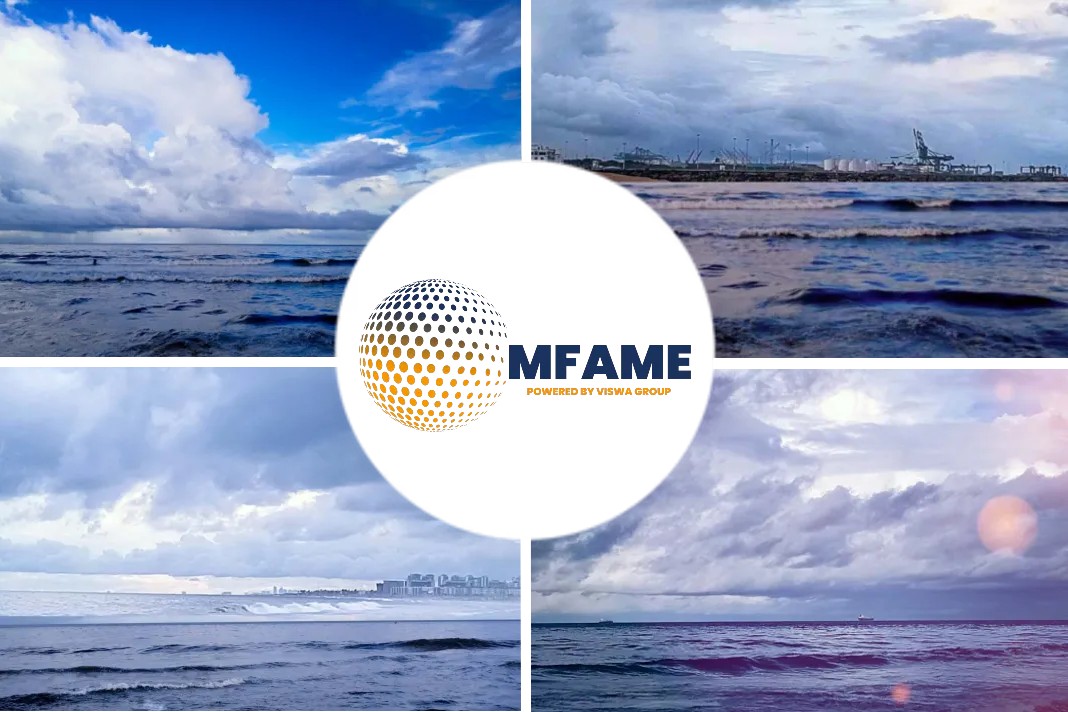
- The correspondence group on Prevention of Air Pollution was re-established to continue the work intersessionally and report to PPR 11.
- The Sub-Committee agreed to a draft scope of work on the Reduction of Volatile Organic Compound (VOC) emissions, for submission to MEPC 80 for concurrence.
- The Clean Arctic Alliance called on the IMO to radically reduce the impact of black carbon emissions from shipping on Arctic sea and glacier ice.
The IMO Sub-Committee on Pollution Prevention and Response (PPR 10), that took place 24-28 April 2023, focused on ways to reduce shipping emissions, among other issues. In particular, IMO discussed measures to reduce the impact on the Arctic of Black Carbon emissions. With regards to Volatile Organic Compound (VOC) emissions, the Sub-Committee agreed a draft scope of work for submission to MEPC 80.
Arctic of Black Carbon emissions
Following discussion in a working group, the correspondence group on Prevention of Air Pollution was re-established to continue the work inter sessionally and report to PPR 11.
The correspondence group is tasked with further developing, with a view to finalization, draft guidelines on recommendatory goal-based control measures to reduce the impact on the Arctic of Black Carbon emissions from international shipping.
It further considered potential control measures, in conjunction with discussions on measurements methods and a standardized sampling, conditioning and measurement protocol.
To remind, in late April, The Clean Arctic Alliance called on the IMO to radically reduce the impact of black carbon emissions from shipping on Arctic sea and glacier ice, by putting in place a compulsory requirement for ships across the whole Arctic to use cleaner fuels, by switching to distillate fuels.
Reduction of Volatile Organic Compound (VOC) emissions
The draft scope of work on the reduction of VOC emissions includes:
- Considering how to involve terminals in the reduction of Volatile Organic Compound (VOC) emissions;
- Considering new and existing regulations on VOC, including the application of a revised regulation 15 of MARPOL Annex VI, taking into account ship design safety and effectiveness, as well as safety of ship operations;
- Considering new and existing guidance documents on VOC, taking into account ship design safety and effectiveness, as well as safety of ship operations; and requesting input of other sub-committees as appropriate.
IMO GHG strategy
The Sub-Committee agreed to a draft scope of work on the Reduction of Volatile Organic Compound (VOC) emissions, for submission to MEPC 80 for concurrence.
This work would aim to investigate how the reduction of Volatile Organic Compound (VOC) emissions could contribute to the implementation of the IMO GHG Strategy.
Did you subscribe to our Newsletter?
It’s Free! Click here to Subscribe.
Source: Safety4Sea
















